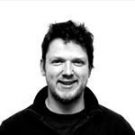Country Life Today: Scottish paradise seeks teachers for school with six children
If you're looking for a place to start a new life, this morning's news round-up has the answer.
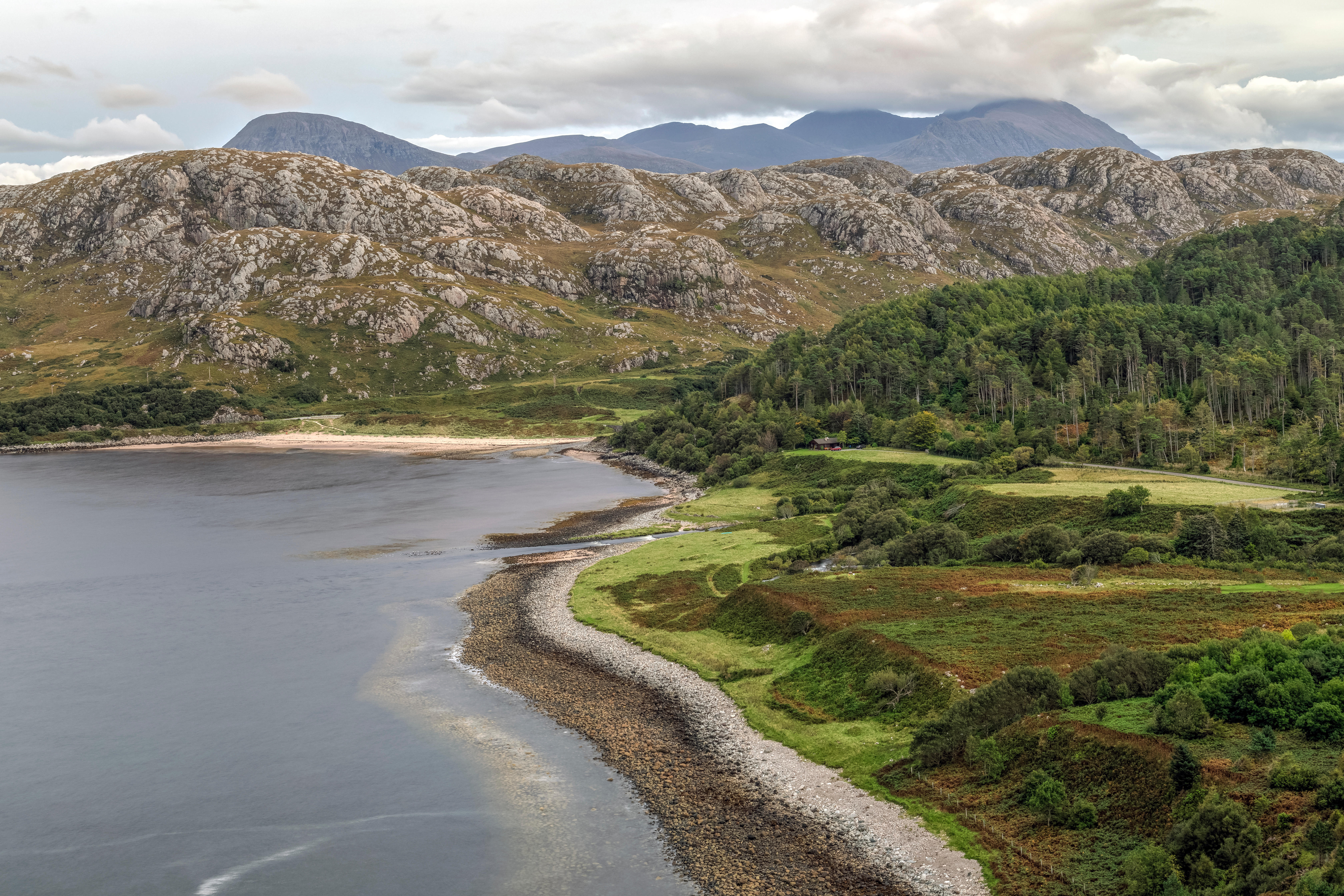
Wanted: Teachers to run a school of six pupils in impossibly beautiful Scottish paradise
'The least stressful teaching jobs in Scotland' have been advertised after both the head and the only teacher at the Primary School in Scoraig both decided to move on to pastures new. The school in this remote island community of 80 people – which is reachable only by boat or on foot — currently has six pupils.
The place sounds idyllic: Scoraig's community was founded in the 1960s by a man named Alan Bush, who was half a century ahead of his time in creating a largely self-sufficient colony.
Full story (The Times - subscription required) or just bypass that step and put in your application (Recruit.net)
Living off the grid
The BBC this morning carries a fascinating report about a family from Essex who moved to a remote spot in Pembrokeshire to live an almost entirely self-sufficient life.
Matthew and Charis Watkinson were both vets before making the move two years ago into a house they've built themselves, and full of gadgets that Matthew has devised.
The grow their own food and generate their own electricity — and have even figured out a way to make their own methane supply: ''What we've essentially got is an artificial cow stomach, full of the normal bugs from a cow's stomach, and we are just feeding those bugs,' Matthew told the BBC. 'And those bugs are turning what we feed it into methane.'
It's not quite The Good Life as you'd imagine it, though: they might be self-powered, but still have fridges, TVs, laptops and mobile phones.
Sign up for the Country Life Newsletter
Exquisite houses, the beauty of Nature, and how to get the most from your life, straight to your inbox.
On this Day, 440 years ago: California became a British territory
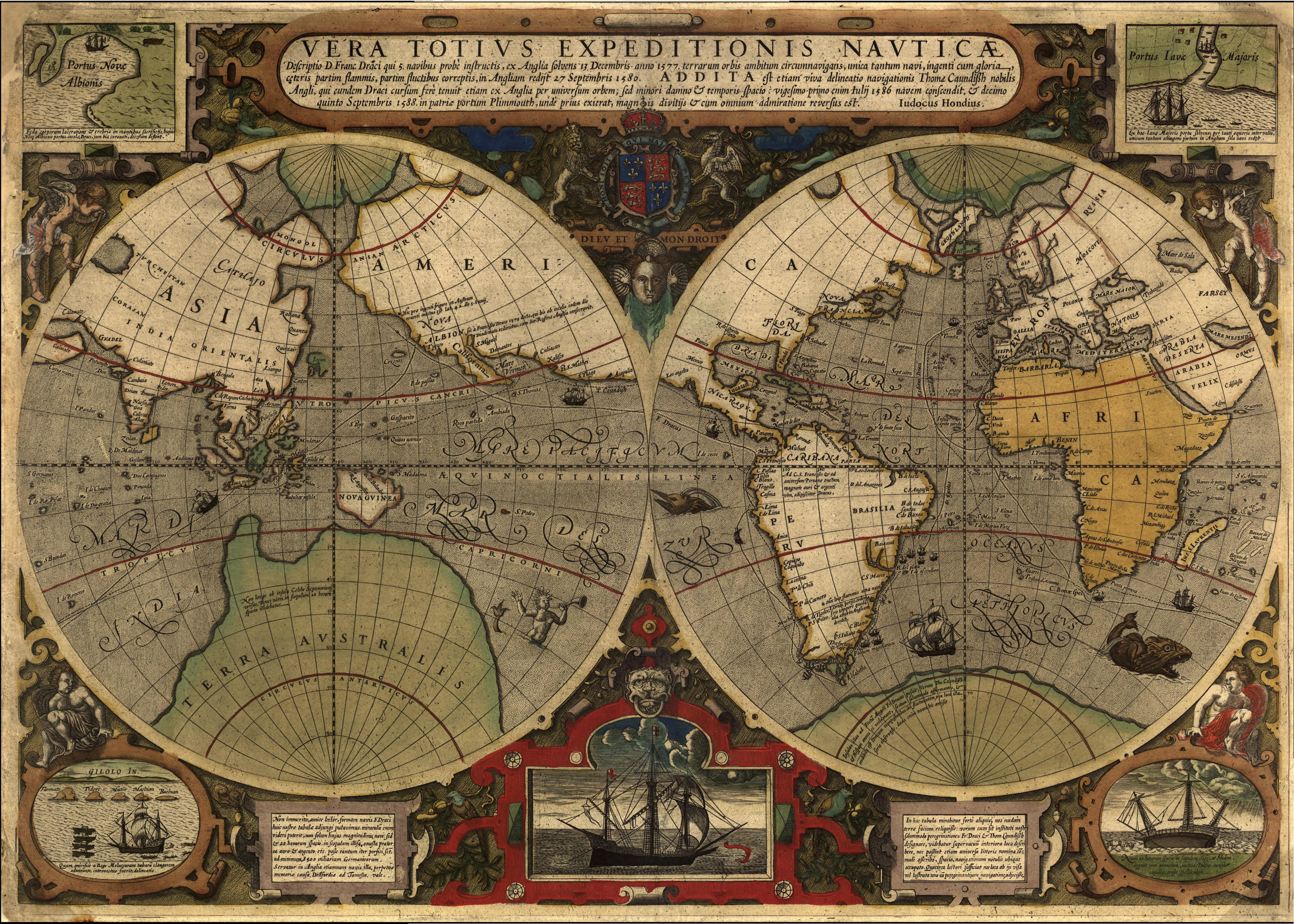
In June 1579, Sir Francis Drake was on a high. He was two-thirds of the way through a circumnavigation of the globe which cemented his place in history, and had just captured a Spanish galleon carrying dozens of pounds of gold, jewels, and 26 tons of silver — the biggest prize of his career. At that point he landed what might have become the biggest prize of the lot: California, or Nova Albion as Drake called it.
The hedge cutters' trail of destruction
A local council in Kent has suspended all hedge cutting until October after numerous complaints over hedgerows being severely trimmed back, disturbing birds and other wildlife in the middle of nesting season.
And finally, the news that will surprise no cat owners

For the avoidance of doubt, if your cat doesn't respond when you call its name it's because it is pointedly ignoring you. You always knew it, but now science has proven that cats do know their names, but just choose not to lower themselves by deigning to acknowledge it.
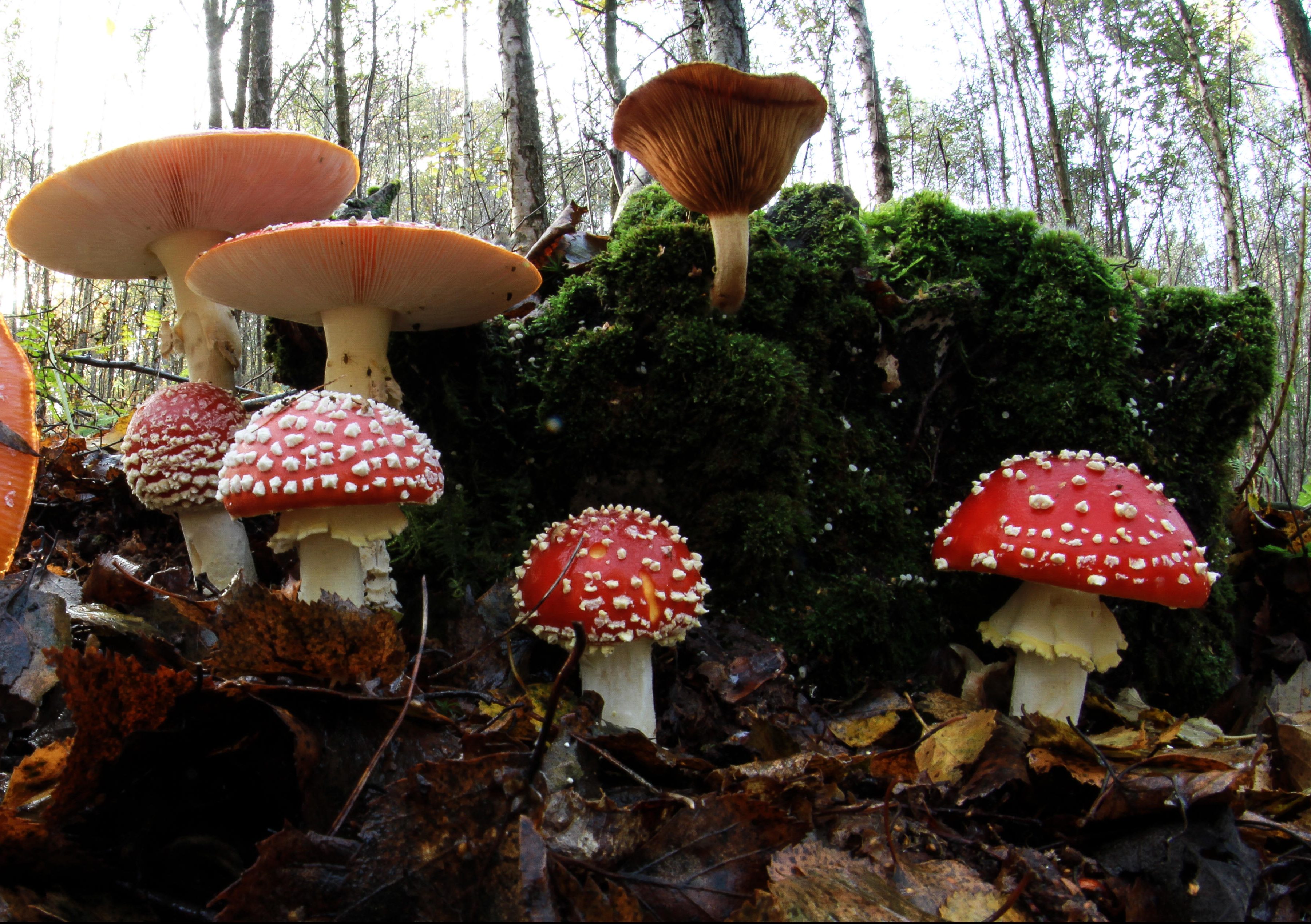
Country Life Today: The billion-year-old fungi that could rewrite the story of evolution
Fungi has been discovered that could change the story of how life evolved; an insider's guide to spotting seals; how

Country Life Today: Why keeping your dog healthy means looking after yourself, and the discarded coin sold for £550k
Today's news round-up looks at how dogs take on our own stress levels, tells the tale of a chance find
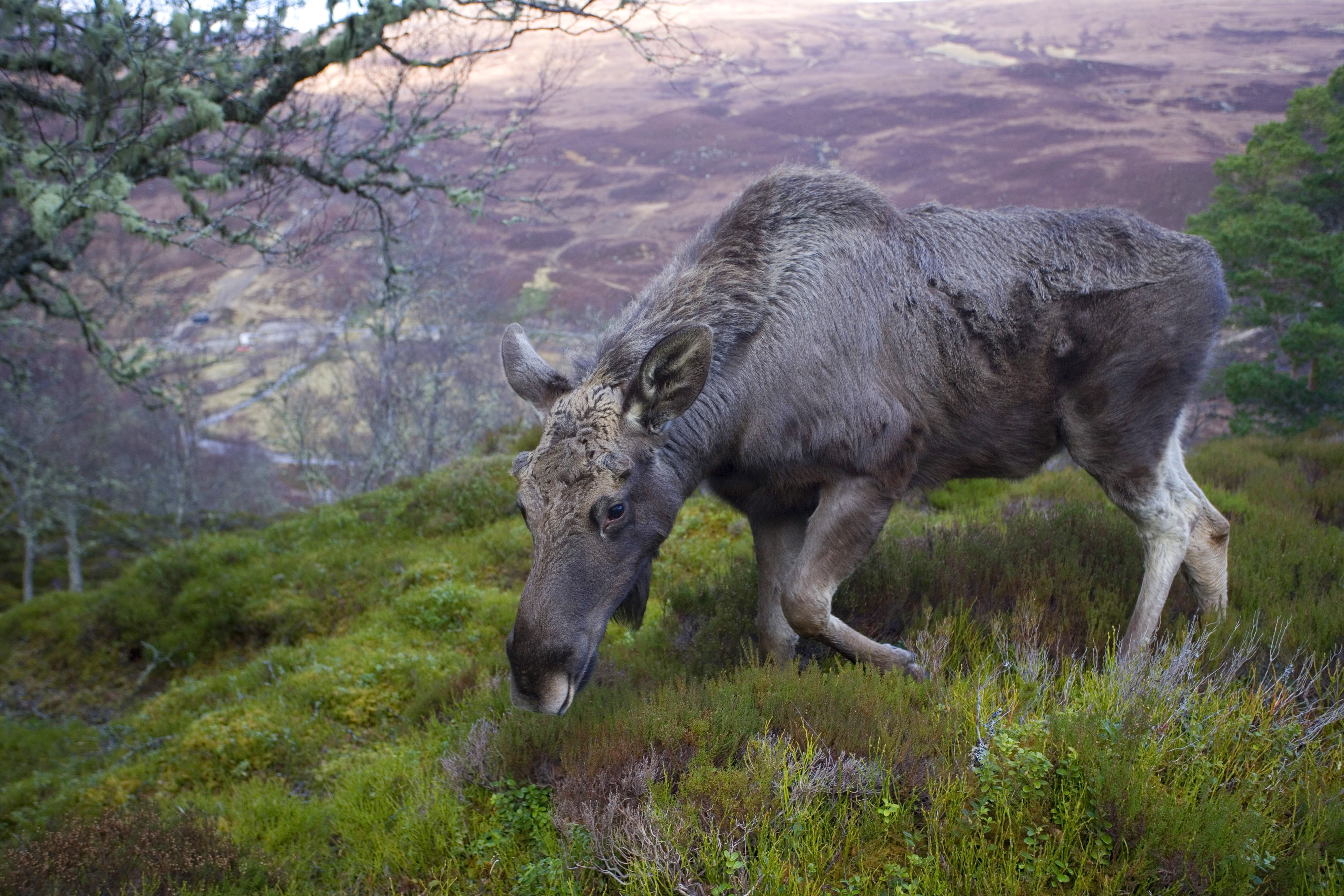
Country Life Today: How elk could save the Scottish countryside, a recent outbreak of disease in bee hives and the enduring appeal of a fixer-upper
Toby Keel is Country Life's Digital Director, and has been running the website and social media channels since 2016. A former sports journalist, he writes about property, cars, lifestyle, travel, nature.
-
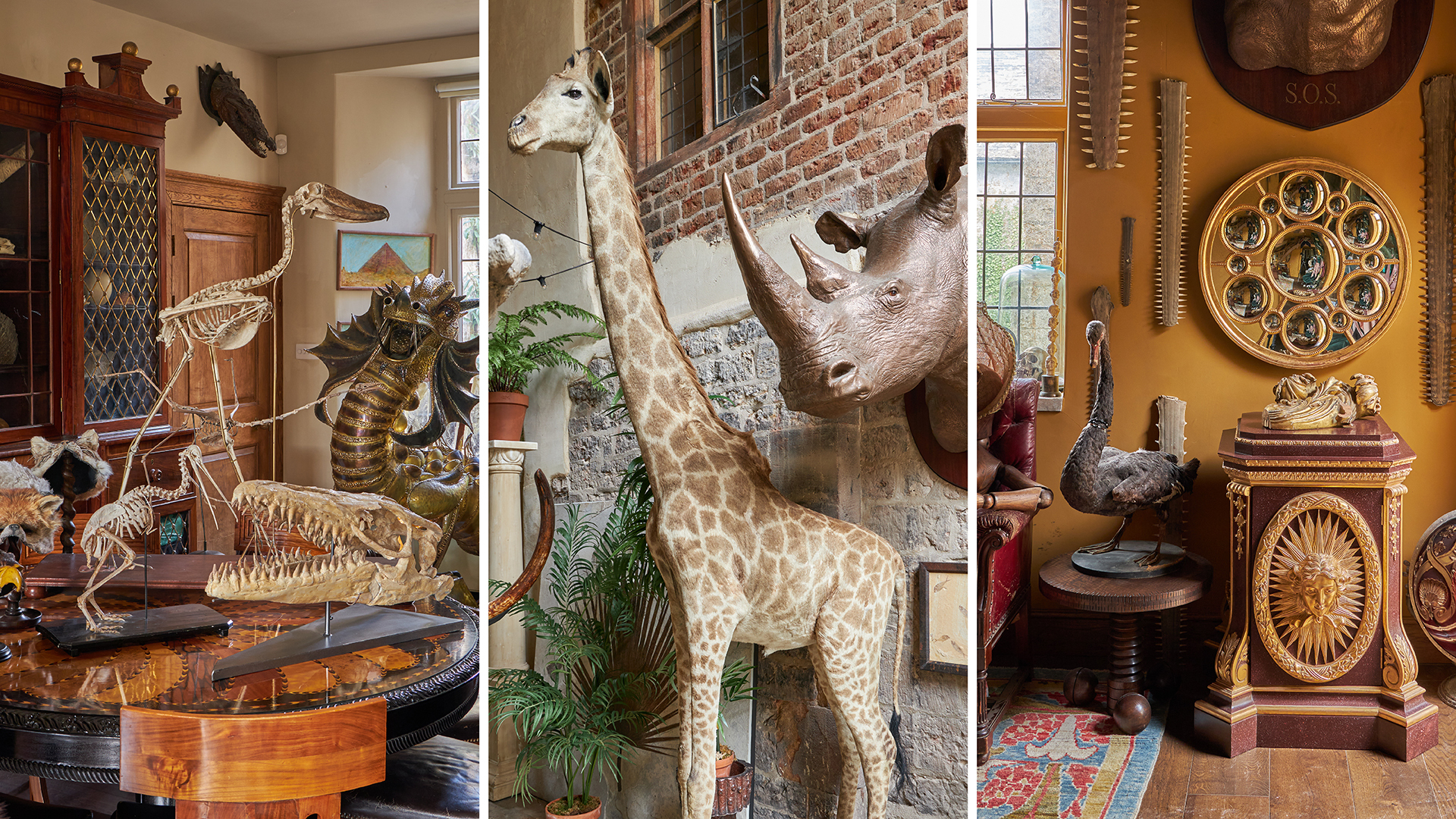 A woolly mammoth skeleton is among the curiosities for sale to save fire-ravaged Parnham Park
A woolly mammoth skeleton is among the curiosities for sale to save fire-ravaged Parnham ParkThe auction of the owner James Perkins' collection, hosted by Dreweatts, tomorrow (May 13), will be used to fund renovation works at Parnham Park in Dorset.
-
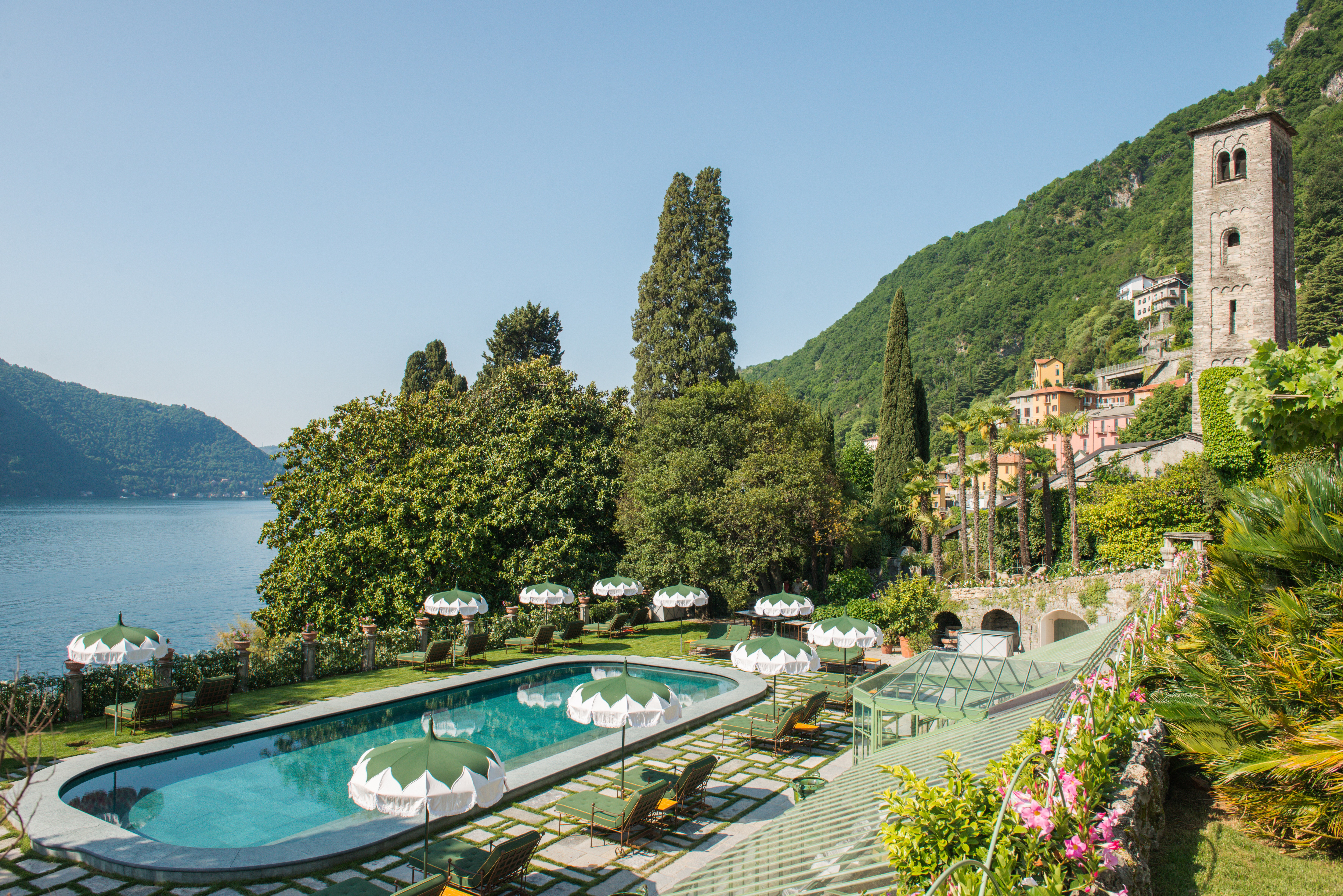 The ‘utterly unique’ skincare brand that’s used in the ‘world’s best hotel’ spa
The ‘utterly unique’ skincare brand that’s used in the ‘world’s best hotel’ spaThe Seed to Skin brand was the byproduct of one woman’s length fertility journey — it’s so good that today it’s used in a hotel voted the ‘world’s best’.
-
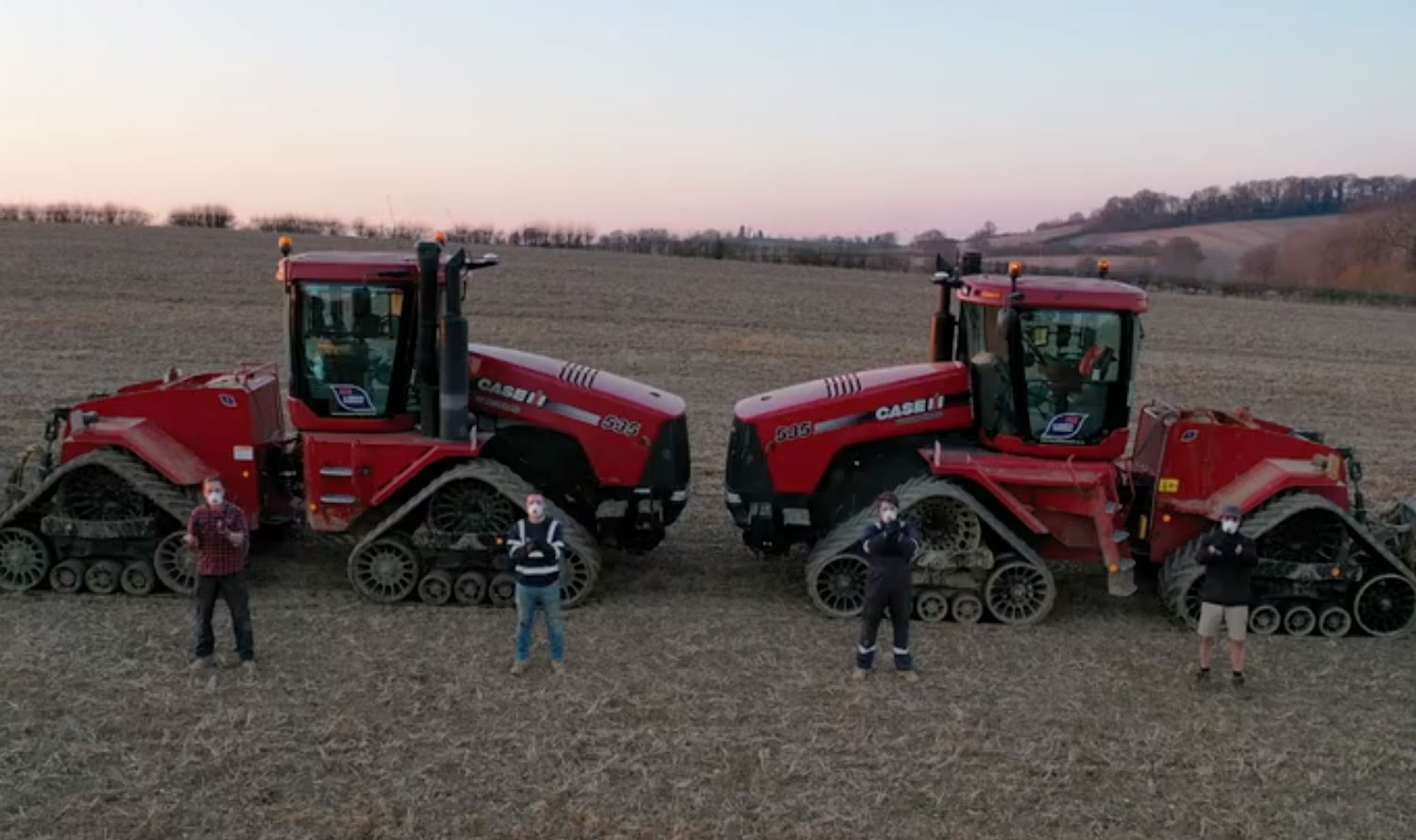 The brilliant tractor tribute to the NHS from a group of Warwickshire farmers
The brilliant tractor tribute to the NHS from a group of Warwickshire farmersPeople around Britain have been paying tribute to the efforts of our NHS workers at the time of the coronavirus pandemic — but few have been as creative and clever as this one.
-
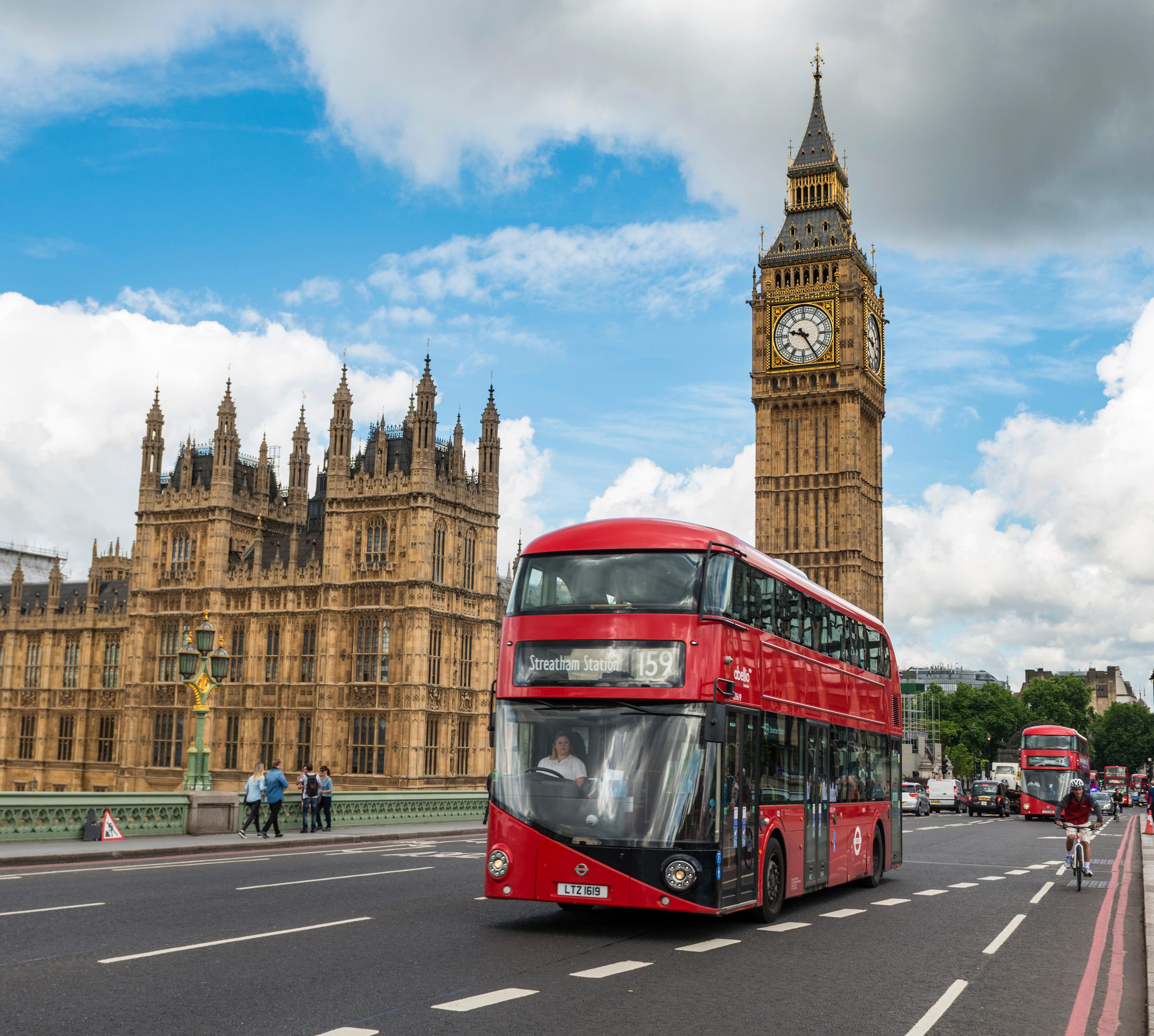 London's iconic red bus at risk and 6,000 year old chewing gum gives clues into our DNA history
London's iconic red bus at risk and 6,000 year old chewing gum gives clues into our DNA historyCuts to industry subsidies and an increase in fares has left bus use at its lowest point ever, while DNA extracted from ancient 'chewing gum' allows scientists to decipher the genetic code of a Stone Age woman.
-
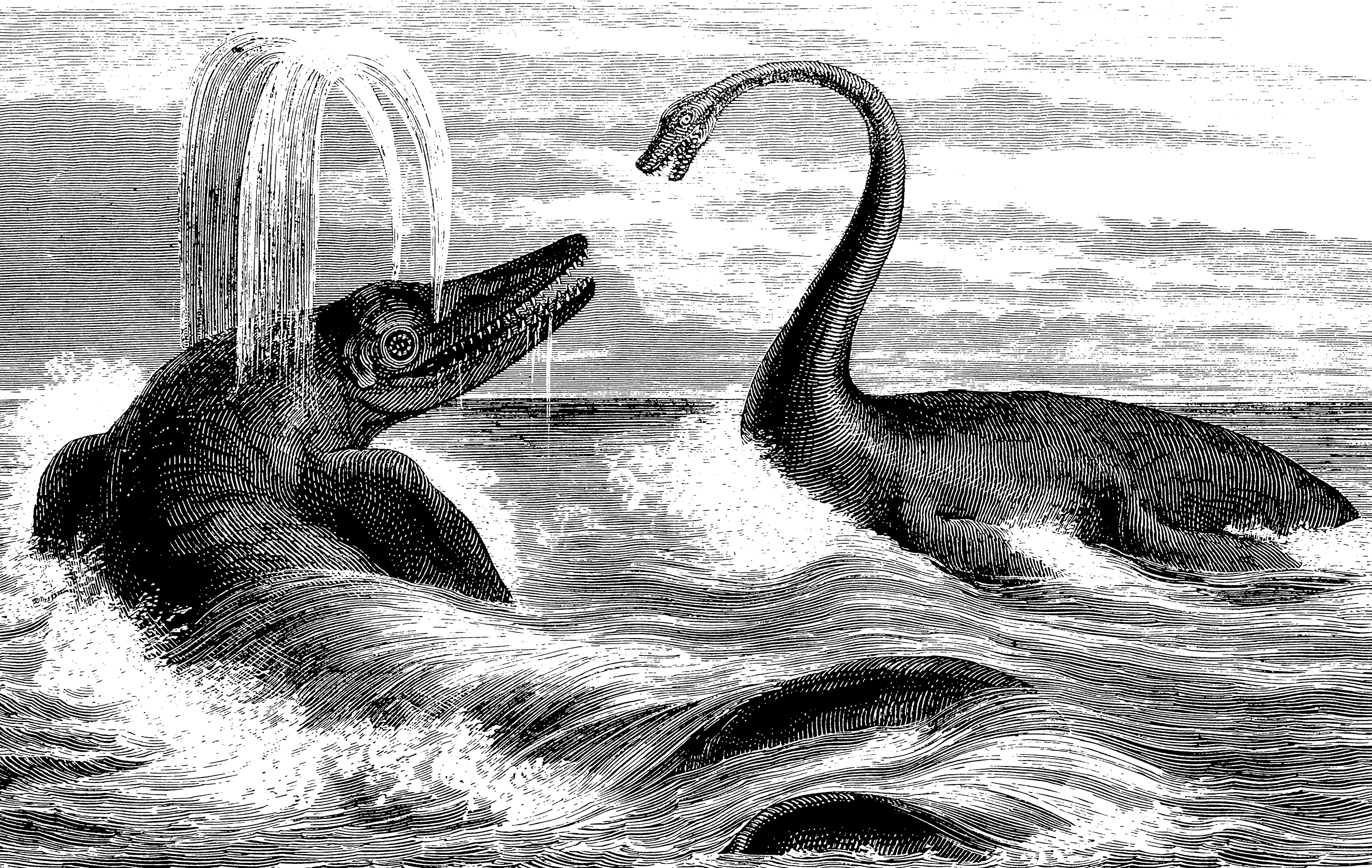 90-million-year-old 'swimming dinosaur' skeleton found by dogs out walking in Somerset, and the nonchalant moths who don't bother fleeing enemies
90-million-year-old 'swimming dinosaur' skeleton found by dogs out walking in Somerset, and the nonchalant moths who don't bother fleeing enemiesA superbly intact dinosaur skeleton — described as being 'museum quality' — has been discovered on a beach in Somerset.
-
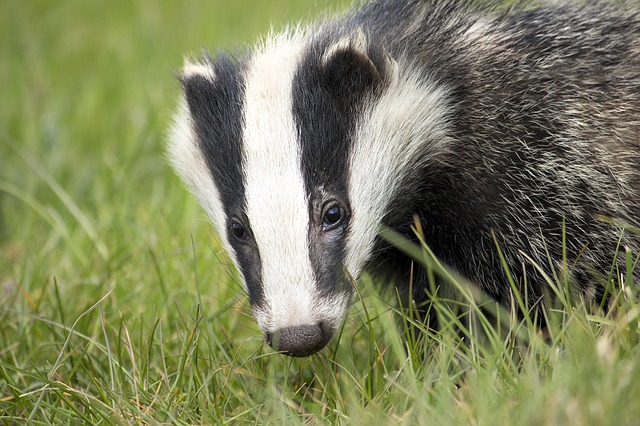 Battle to ban 4x4s from the idyllic Lake District spot bequeathed by Beatrix Potter, eagle fights octopus and the 'snail's pace' climate talks
Battle to ban 4x4s from the idyllic Lake District spot bequeathed by Beatrix Potter, eagle fights octopus and the 'snail's pace' climate talksThis morning we look at Little Langdale's fight for peace, reflect on the climate change talks in Madrid and discover the soundtrack for Brexit.
-
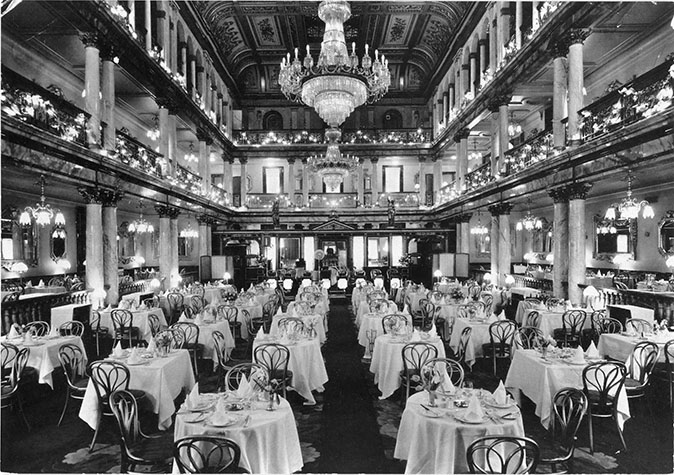 Country Life Today: How Greta Thunberg shifted the dial on climate change — and the backlash shows just how much
Country Life Today: How Greta Thunberg shifted the dial on climate change — and the backlash shows just how muchThis morning we ponder whether Greta Thunberg is the Joan of Arc for the environmental movement, look at a key election — one from 19 years ago — and ponder the marvel of 'dad tidying'.
-
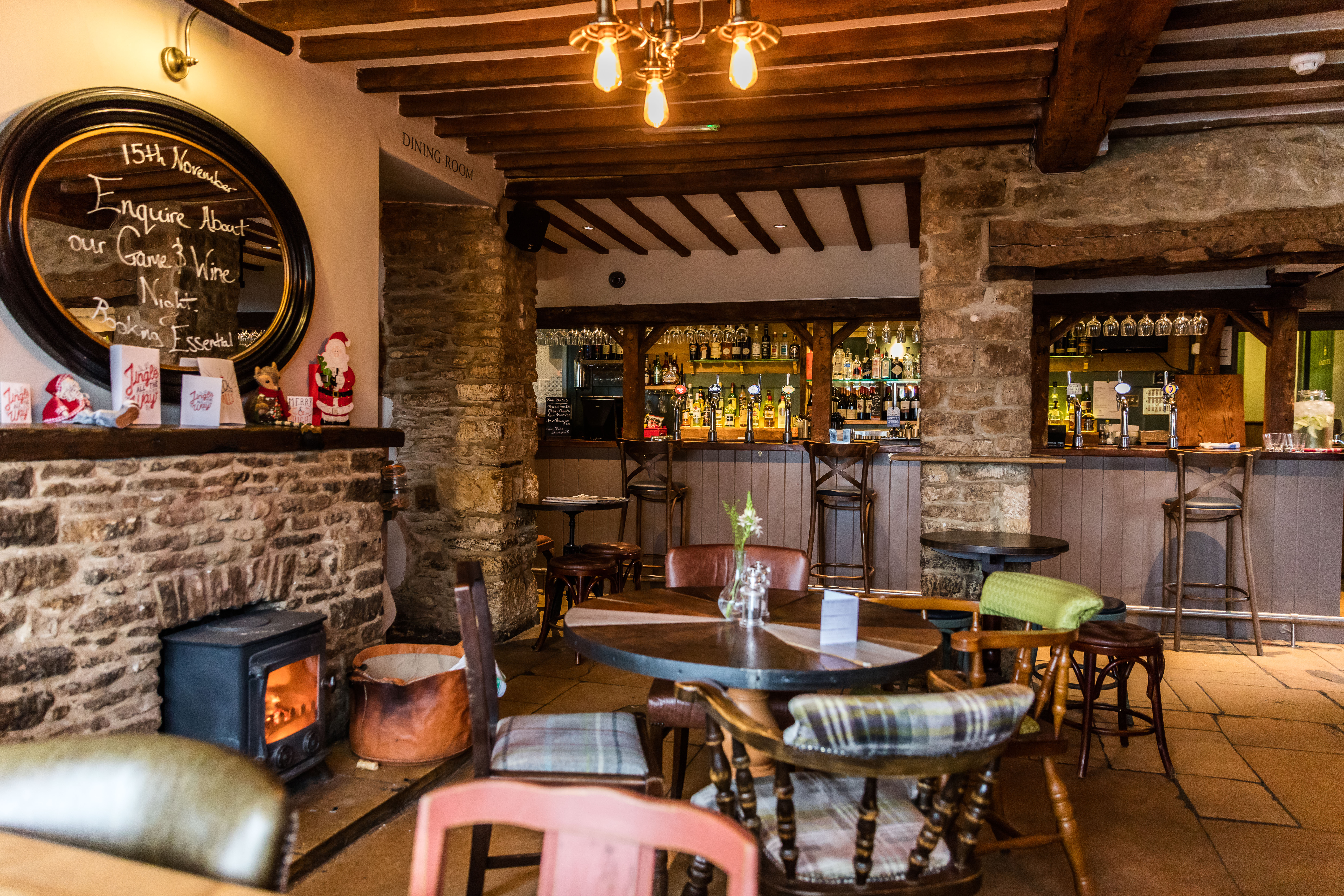 Country Life Today: Great news for those who love our great country pubs — the years of decline are over
Country Life Today: Great news for those who love our great country pubs — the years of decline are overThere is a great sign of health in the pub industry, we look back at Edward VIII's abdication message and fret about Greenland's melting ice.
-
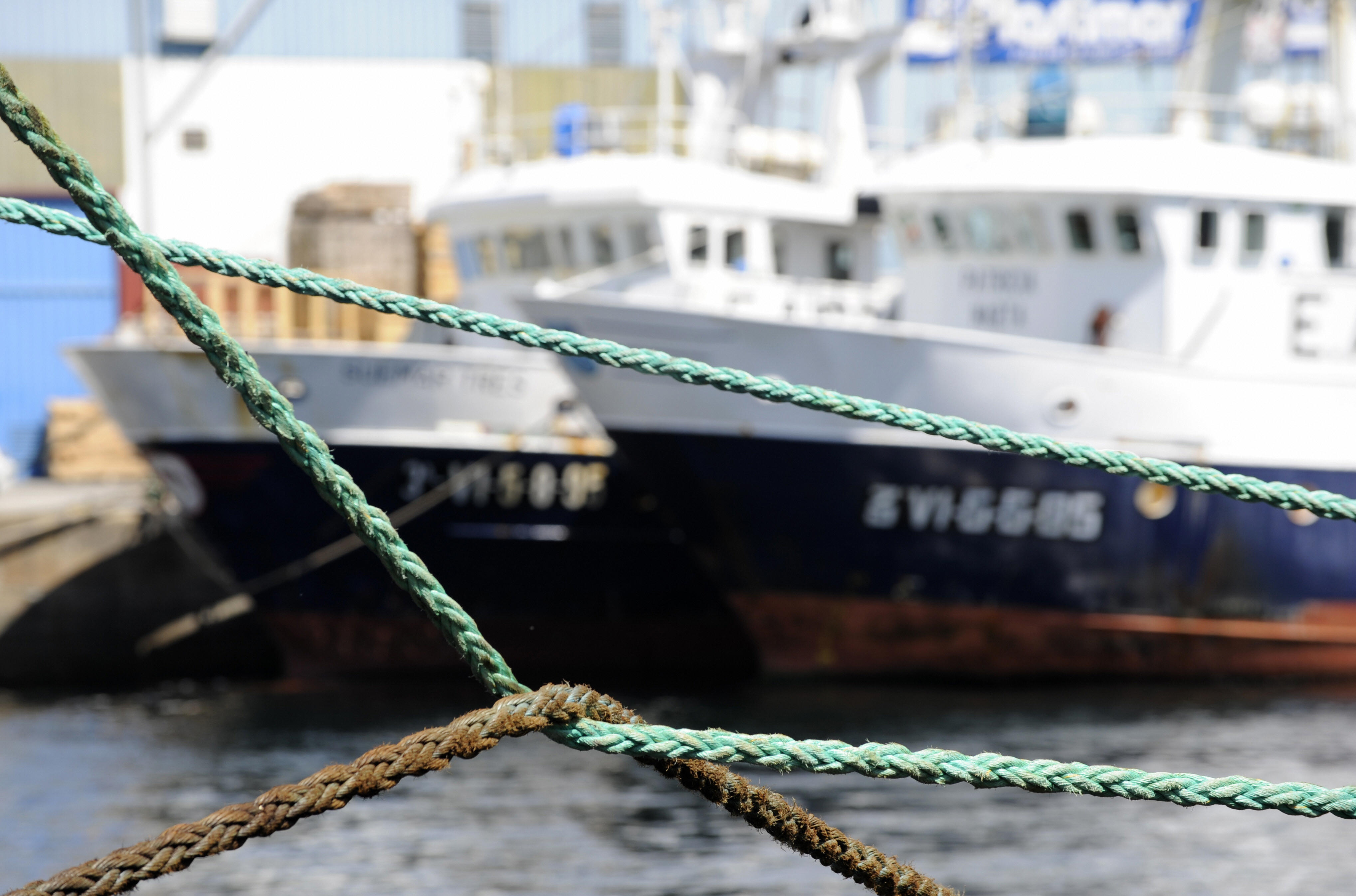 Country Life Today: Spain accused of being 'a deplorable choice' for UN climate conference
Country Life Today: Spain accused of being 'a deplorable choice' for UN climate conferenceA no-holds-barred assault on the Spanish fishing industry, Banksy raising awareness of the homeless and the woes of the Christmas jumper are in today's news round-up.
-
 Country Life Today: 'This is perhaps the ultimate wake-up call from the uncontrolled experiment humanity is unleashing on the world’s oceans'
Country Life Today: 'This is perhaps the ultimate wake-up call from the uncontrolled experiment humanity is unleashing on the world’s oceans'In today's round up, we examine why oxygen loss is putting oceans at risk, discover that action to cut air pollution brings almost immediate benefits to human health and find out which bird's arrival marks the start of winter in Gloucestershire.
